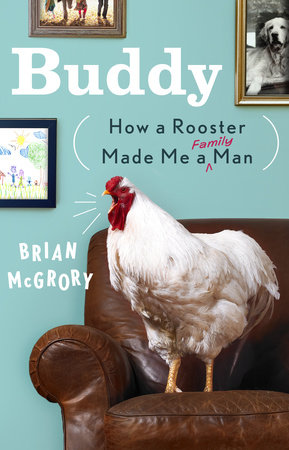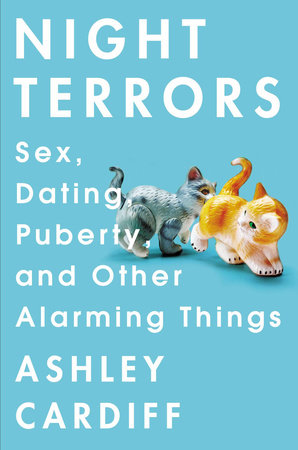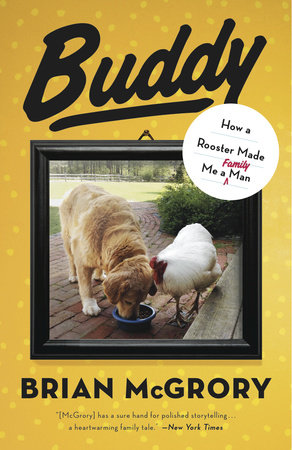

Buddy
By Brian McGrory
By Brian McGrory
By Brian McGrory
By Brian McGrory
Category: Biography & Memoir | Pets
Category: Biography & Memoir | Pets

-
$15.00
Nov 05, 2013 | ISBN 9780307953070
-
Nov 13, 2012 | ISBN 9780307953087
YOU MAY ALSO LIKE
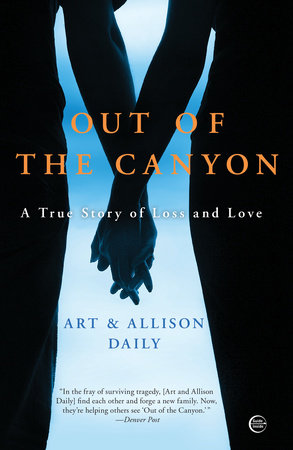
Out of the Canyon
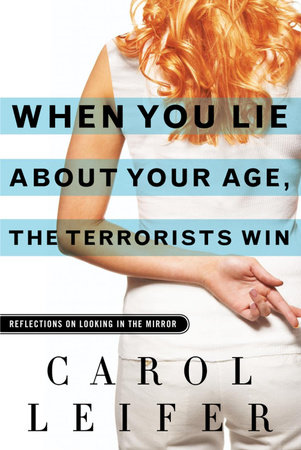
When You Lie About Your Age, the Terrorists Win
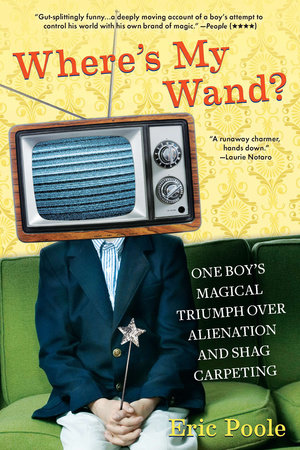
Where’s My Wand?
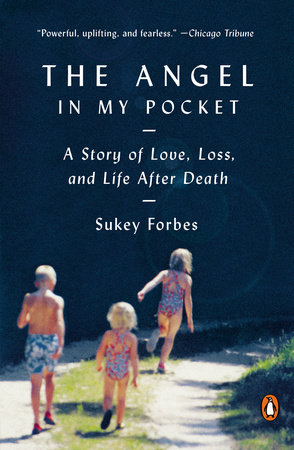
The Angel in My Pocket
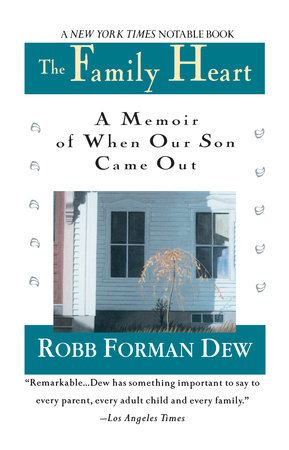
Family Heart
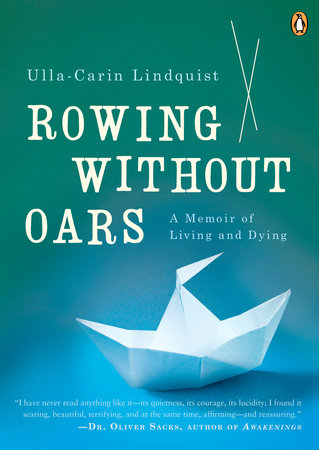
Rowing Without Oars
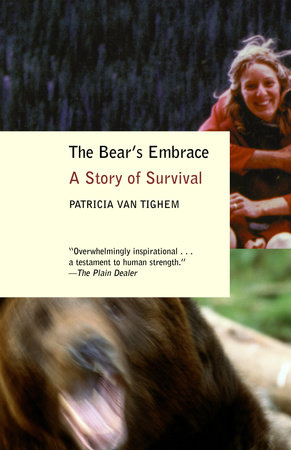
The Bear’s Embrace
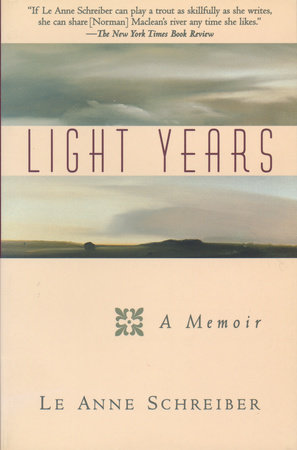
Light Years
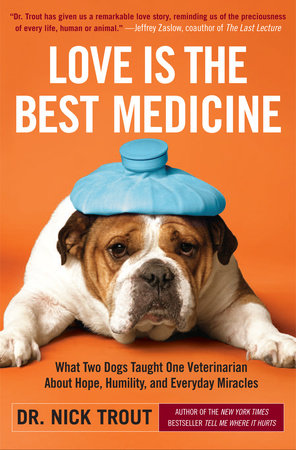
Love Is the Best Medicine
Praise
A USA Today Weekend Pick
“Brian McGrory has a sure hand for polished storytelling. He is able to wring maximum comic effect from the Terrible Pet genre and also to tell a heartwarming family tale without trying too noticeably to warm the heart…The subsequent bad-rooster stories, family discord and grudging acclimation by Mr. McGrory to life in a menagerie accomplish what is surely the desired end. They put Buddy into the Marley & Me league of winsome books about the hyped-up horrors and tender, unexpected rewards of pet paternity.” —New York Times
“This is a laugh-out-loud read.” —Chicago Tribune
“In this touching tale of how a feisty rooster, who constantly peers at the columnist through the window, made McGrory a better man, the columnist succeeds in telling the story of change with a healthy dose of humor…Lessons are learned here, often the hard way, but McGrory comes out the other side realizing how second acts can succeed if you give everyone enough space, love and respect. Especially the rooster.” —USA Today
“Poignant and funny…McGrory takes the pet memoir to a hilarious new place as a crazed rooster competes with him over who will rule his new family’s suburban roost…McGrory vividly explores his frustrations…detailing it all with self-effacing humor and a winning ability to dramatize the ‘man vs. rooster’ conflict with scenes that are self-revelatory and laugh-out-loud funny…It turns out that for McGrory, as it was for Emily Dickinson, hope is a thing with feathers.” —Boston Globe
“Can an ornery rooster really help a city-loving divorce adapt to family life in the suburbs? McGrory’s memoir will have you convinced.” —People
“The very best of memoir writing–honest, clear, and so ultimately moving you feel as if you are best friends with Brian McGrory, though it will not make you want to run out and buy yourself a rooster.” —W. Bruce Cameron, author of A Dog’s Purpose
“At turns hilarious and heart-breaking, Buddy is a book to crow about.” —Sy Montgomery, author of The Good Good Pig and Birdology
“A book that makes us laugh and cry is precious, and as a man who has a rooster and writes about animals, Brian McGrory hit a home run for me with Buddy: How A Rooster Made Me A Family Man…Anyone who has ever loved an animal will want to go on this journey.” —Jon Katz, author of Going Home, A Dog Year, and Dancing Dogs
“Hilarious and heart-warming, Buddy reminded me of Cheaper by the Dozen, only with animals. I flat-out loved this book.” —Joseph Finder, New York Times bestselling author of Paranoia and Buried Secrets
“A moving and funny account of one man’s journey from bachelor to husband and father aided by remarkable pets.” —Publishers Weekly
“A heartwarming and wise tale of finding love in life’s second chapter—and how it means all the more when you have to fight for it.” —Library Journal
21 Books You’ve Been Meaning to Read
Just for joining you’ll get personalized recommendations on your dashboard daily and features only for members.
Find Out More Join Now Sign In






